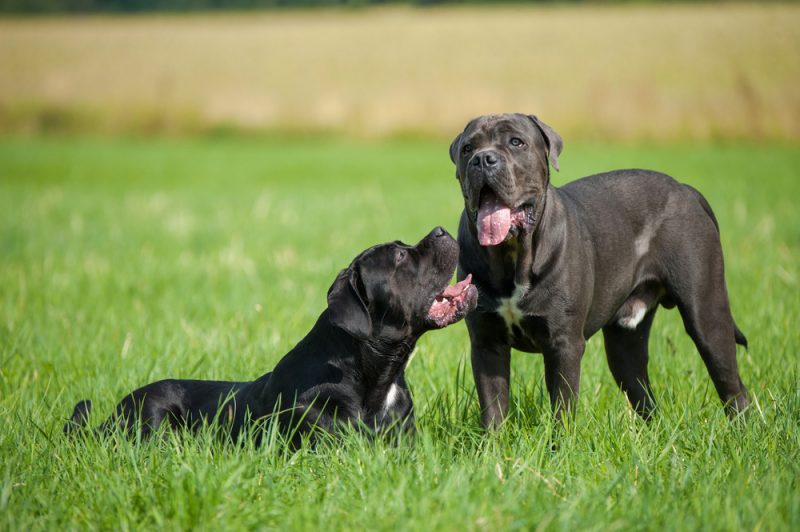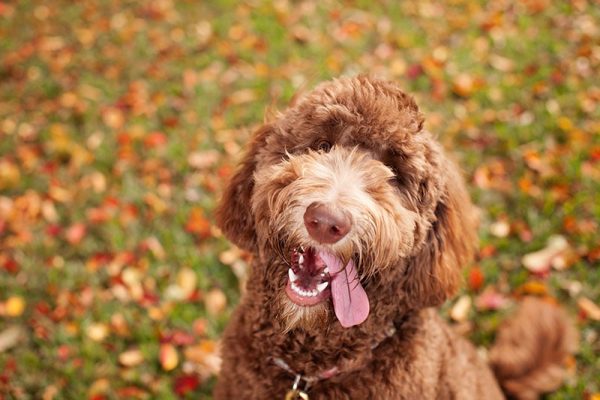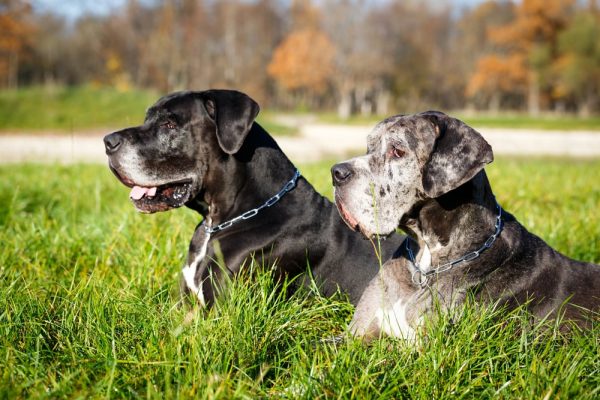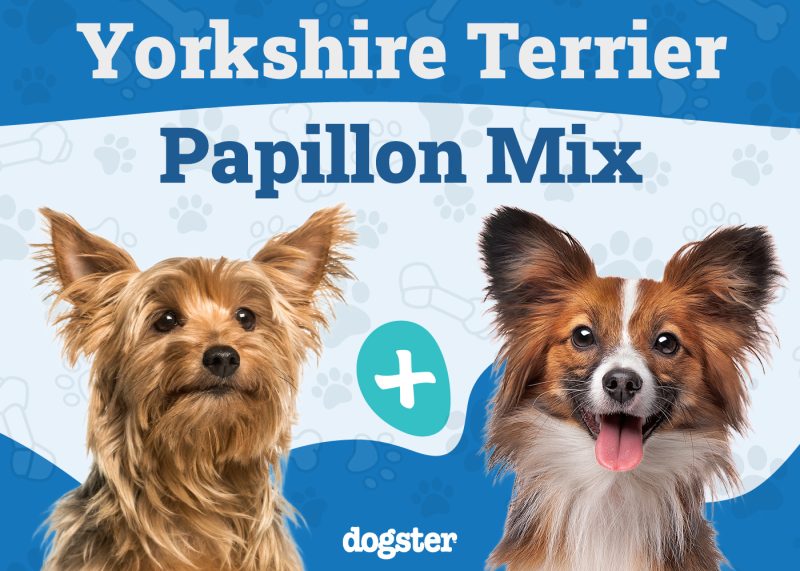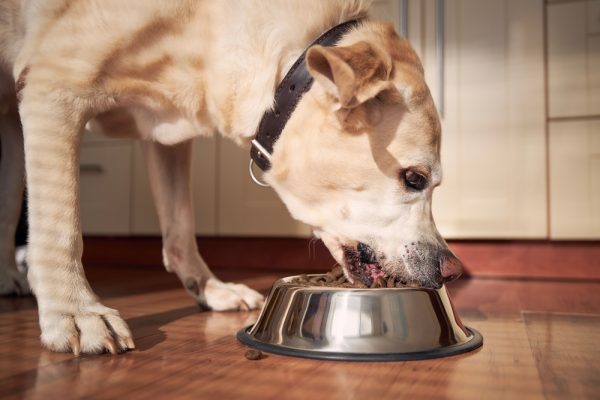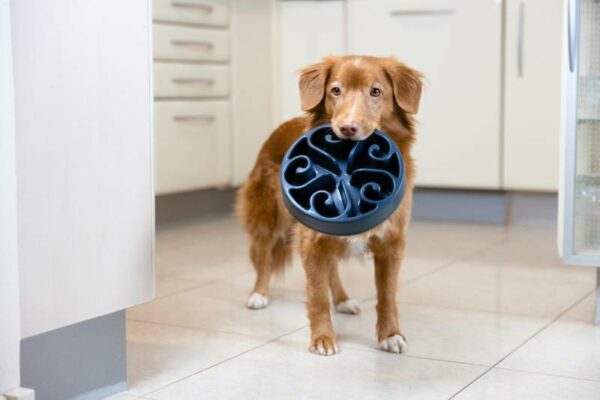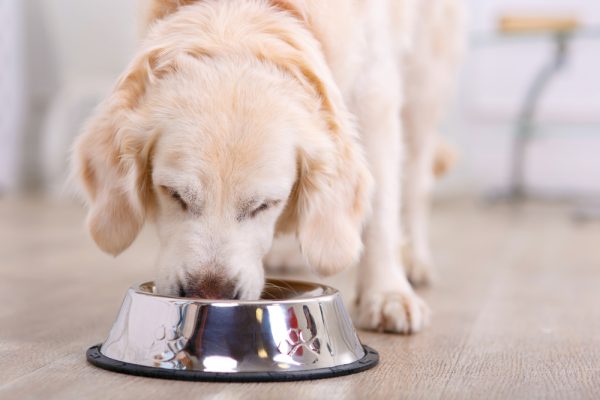In this article
View 2 More +As dog owners, we all know how hard it is to say no to pleading puppy dog eyes at the dinner table. But what if your pup is begging for your Thanksgiving turkey? Turkey is a healthy protein so it must be safe for dogs to eat, right?
Well, yes and no. Dogs can safely eat turkey meat—it’s a common protein used in commercial dog food, after all. However, the Thanksgiving turkey you’re cooking up is different from the meat found in your dog’s food from the store. The seasonings and other add-ins you dress your Thanksgiving turkey with make your holiday bird unsafe for your dog. Read on to learn more.

Can Dogs Eat Thanksgiving Turkey?
As we mentioned in our introduction, dogs can safely eat turkey. Cooked turkey is a healthy lean protein source which is often used in dog food recipes and can be given to dogs as a treat. However, the meat must not have been prepared with seasonings or add-ins like oil or butter, which likely rules out your deliciously roasted holiday bird.
In addition, other parts of your Thanksgiving turkey, including the bones and the skin, are also unsafe for your pup.
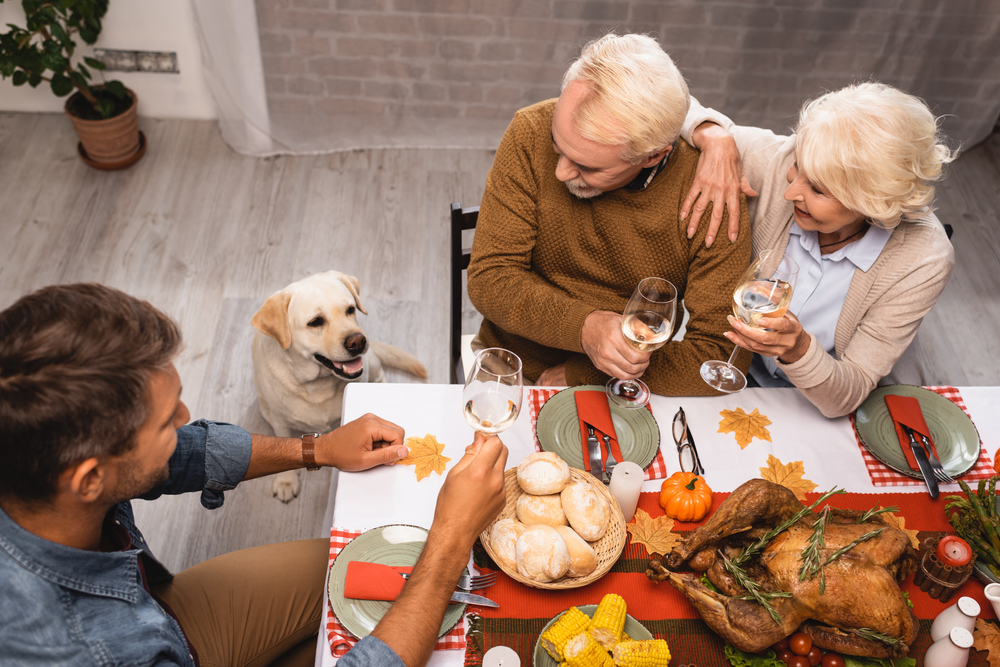

Dangers of Feeding Thanksgiving Turkey to Dogs
There are three main concerns with offering Thanksgiving turkey to your dog: the seasonings and flavorings, the bones, and the skin.
1. Seasonings/Flavorings
The seasonings and flavorings you use to give your Thanksgiving turkey its delectable flavor are unsafe and, in some cases, toxic for dogs. Some of the most common seasonings for turkey include garlic powder, onion powder, and oregano. The ASPCA lists all of these as toxic for dogs, though admittedly in varying severity1.
Onion and garlic powder contain the toxic principle N-propyl disulfide, which damages a dog’s red blood cells making them more likely to rupture. This destruction of red blood cells can cause anemia. Signs of toxicity will depend on the amount eaten and may include a decrease in appetite, diarrhea, vomiting, and drooling in smaller quantities. Eating larger amounts can cause the aforementioned red blood cell damage, resulting in signs such as pale gums, increased respiratory rate, weakness, and an elevation in heart rate. Kidney damage can occur in severe cases.
Oregano is less toxic and may result in mild vomiting and diarrhea. Paprika is non-toxic for dogs, but it can also cause gastrointestinal upset, so it’s best to avoid it if possible.
Your bird will likely be slathered in butter or oil, all of which can contribute to a bout of dangerous and painful pancreatitis or other gastrointestinal issues.
If you need to speak with a vet but can't get to one, head over to PangoVet. It's our online service where you can talk to a vet online and get the advice you need for your pet — all at an affordable price!
2. Bones
Dogs shouldn’t be offered cooked bones from any animal, especially not chicken or turkey bones. These bones are extremely brittle and can break into small, razor-sharp pieces when chewed, presenting not only a choking hazard but a piercing and blockage hazard, too.
3. Skin
Turkey skin is not recommended for dogs for several reasons. It’s very high in calories and, when cooked, can become tough, which may pose a choking hazard. The skin will also likely be covered in the aforementioned unsafe seasonings inappropriate for dogs. Furthermore, skin is naturally very fatty, and too much fat can cause pancreatitis or gastrointestinal upset.
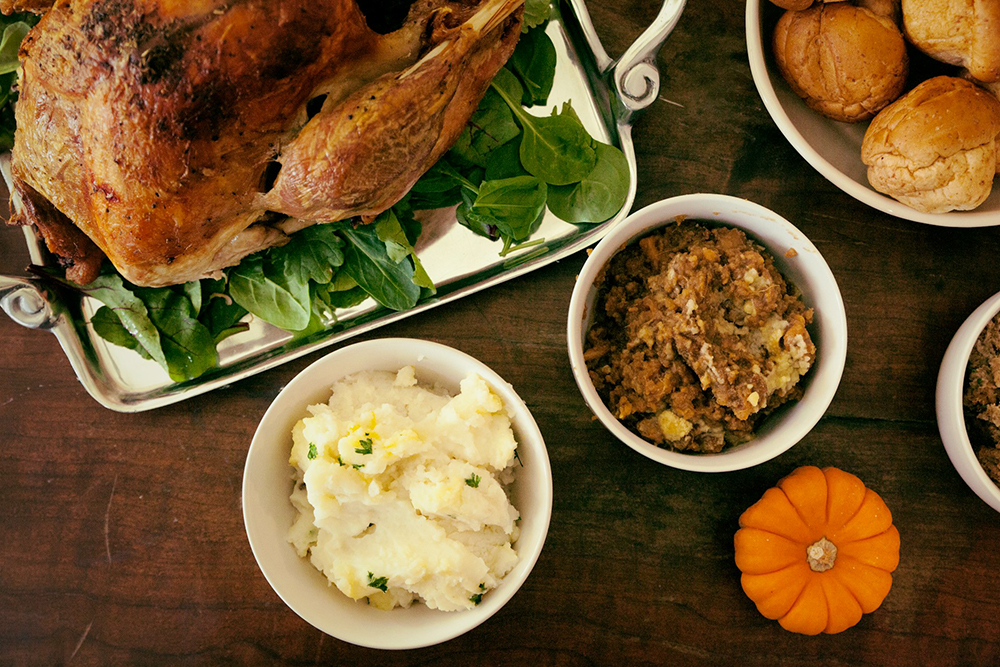
Are There Dog-Friendly Thanksgiving Foods?
If your dog is giving you “puppy eyes” at the table on Thanksgiving, you may wonder if there’s anything you can offer them since turkey is off the table. The answer is yes! There are several Thanksgiving meal foods you can give your dog, including:
- Green beans: Plain green beans without seasoning or butter are a safe and healthy treat for dogs. They full of nutrients like fiber, iron, calcium, potassium, and vitamin K.
- Sweet potatoes: Unseasoned, cooked sweet potatoes are okay to offer as an occasional treat for your dog. They are high in fiber and provide a good source of beta-carotene for your dog’s eye health and immune function.
- Pumpkin puree: While you shouldn’t give your dog a taste of your pumpkin pie, plain pureed pumpkin is a superfood for dogs. It’s high in soluble fiber and a prebiotic powerhouse, making it great for your pup’s digestion.
- Apples: Before making your apple pie, wash, scrub, and cut one into slices or cubes for your pup to nosh on. Apples are a fantastic source of vitamins A and C, as well as fiber for digestion. Steer clear of the seeds, though, as they do contain cyanide, which can be harmful in extremely large doses.

Conclusion
You shouldn’t offer your dog a taste of your Thanksgiving turkey due to the seasonings and flavorings you’ve added to make it a flavorful dish for your family. The bones and skin of your holiday bird are not safe for Fido, either. If you want to give your pup a taste of what’s cooking this Thanksgiving, consider offering plain green beans, plain sweet potatoes, pumpkin puree, or apples instead. These foods are healthier options, but remember to keep treats to a minimum and check with your vet before giving new foods to your dog, especially if they have any health conditions or are on a special diet.
Featured Image Credit: Claudio Schwarz, Unsplash


